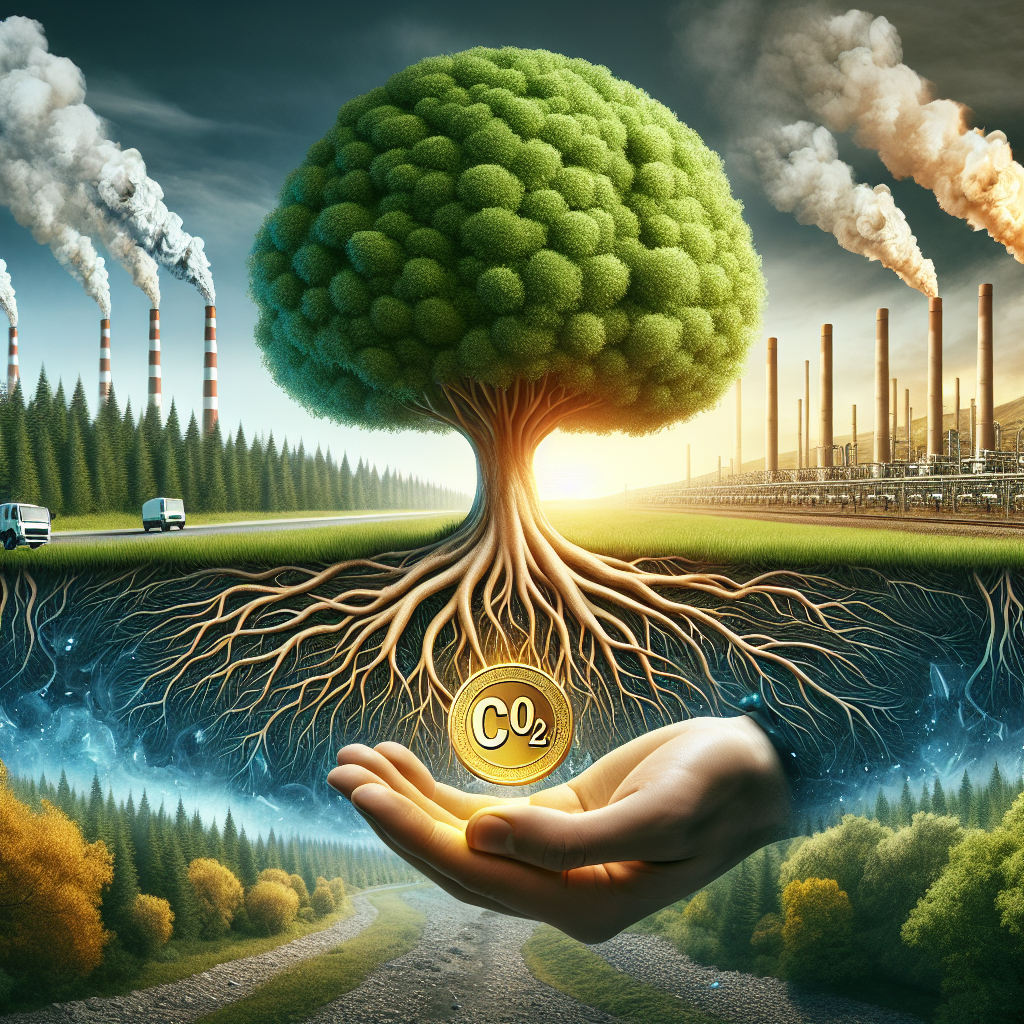COP29 Carbon Credit Market: Navigating Scandals and Building Trust
The COP29 climate talks aim to establish a global carbon credit market, potentially channeling billions into emission-reduction projects. Despite a history of scandals, the market seeks to win the trust of global communities by introducing quality standards and a transparent registry system. The outcome could significantly influence global efforts in reducing carbon emissions.

The COP29 climate talks have sparked discussions about a potential global market for carbon credits, a move that could attract billions of dollars towards emission-reduction projects in the coming decade. However, previous controversies have left countries and communities cautious.
Carbon trading is seen as a pathway for wealthier nations to meet emission targets by assisting poorer nations' transition to green energy. The U.N.-backed global carbon credit market has been in talks for over a decade, yet voluntary standards have often led to credits failing to deliver expected climate benefits.
Efforts continue to finalize a global registry to track carbon trades, a crucial step in building confidence among nations and investors. Countries like Bolivia, Singapore, and Switzerland have begun forming agreements, indicating growing interest, even as some entities, including Greenpeace and the WWF, remain skeptical, calling for direct emission reductions instead.
(With inputs from agencies.)
ALSO READ
Sustainability Drives Success: SMEs Transforming Logistics
Indian Cinema Shines at the Global Sustainability Film Awards
The Role of Inclusive Business in Reducing Poverty and Fostering Sustainability in Asia
AfDB Approves $108M Loan to Boost Zambia's Fiscal Sustainability and Economic Resilience
Exxon Mobil's Ambitious Expansion Strategy: Boosting Output and Embracing Sustainability










